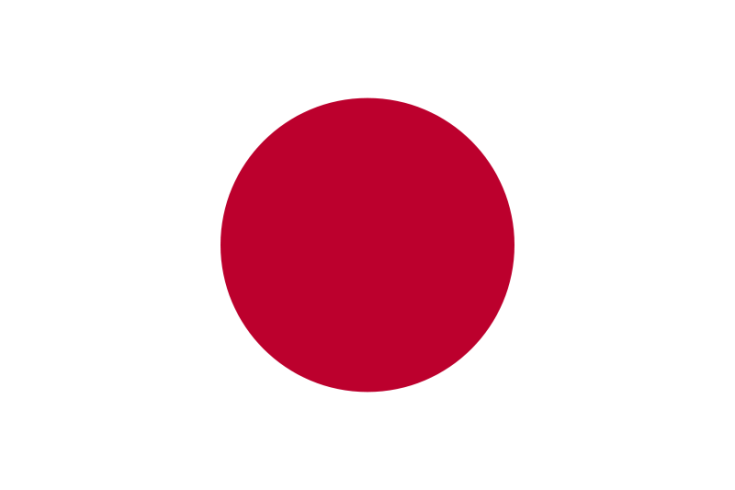Japan paves the way for the adoption of future communication technologies
The first part of a larger voluntary contribution made by the Government of Japan in December 2013 to the Preparatory Commission for the Comprehensive Nuclear-Test-Ban Treaty Organization (CTBTO), amounting to U.S.$ 455,000, has been implemented. The ‘Sakura’ project, valued at around U.S.$ 80,000, aims to enhance the CTBTO’s telecommunications capabilities and Internet connectivity via the deployment of powerful multiservice routers capable of joining multiple networks together.

The Sakura routers will enable the CTBTO to increase the resiliency of its communications services and will pave the way for the adoption of a range of future technologies such as Internet Protocol version 6 (IPv6), IP multicast and virtualization. The two routers will also make it possible in the future to interconnect with academic and research networks, such as Internet2 - a collaboration comprising over 100 U.S. universities to develop networking and advanced applications for learning and research, and Geant – the pan-European data network for the research and education community.
The project has been specially designed to improve the performance of the verification regime being established by the CTBTO to ensure that no nuclear explosion goes undetected. The CTBTO will provide all the technical expertise for the project and will also be responsible for its design and implementation.
The project has been specially designed to improve the performance of the verification regime being established by the CTBTO to ensure that no nuclear explosion goes undetected. The CTBTO will provide all the technical expertise for the project and will also be responsible for its design and implementation.
The two ‘Sakura’ routers
Long-standing commitment to the CTBTO
Japan is a driving force in promoting the Comprehensive Nuclear-Test-Ban Treaty (CTBT) and continuously demonstrates its strong commitment to the work of the CTBTO. Ambassador Ozawa, Permanent Representative of Japan to the International Organizations in Vienna, is the Chairman of the Preparatory Commission, the CTBTO’s main policy-making body in 2014 (see interview). Japan is the second largest contributor to the CTBTO’s regular budget. In addition, Japan has made several voluntary contributions to enhance the performance of the CTBT verification regime, including its contribution towards a new system for Atmospheric Transport Modelling in November 2013.
The country also hosts 11 fully functional monitoring facilities that are part of the CTBTO’s International Monitoring System. The radionuclide station at Takasaki, located at around 200 km distance from the Fukushima Daiichi Nuclear Power Plant, was the first to detect radioactivity from the accident at the power plant in March 2011.
The country also hosts 11 fully functional monitoring facilities that are part of the CTBTO’s International Monitoring System. The radionuclide station at Takasaki, located at around 200 km distance from the Fukushima Daiichi Nuclear Power Plant, was the first to detect radioactivity from the accident at the power plant in March 2011.
13 Jun 2014
